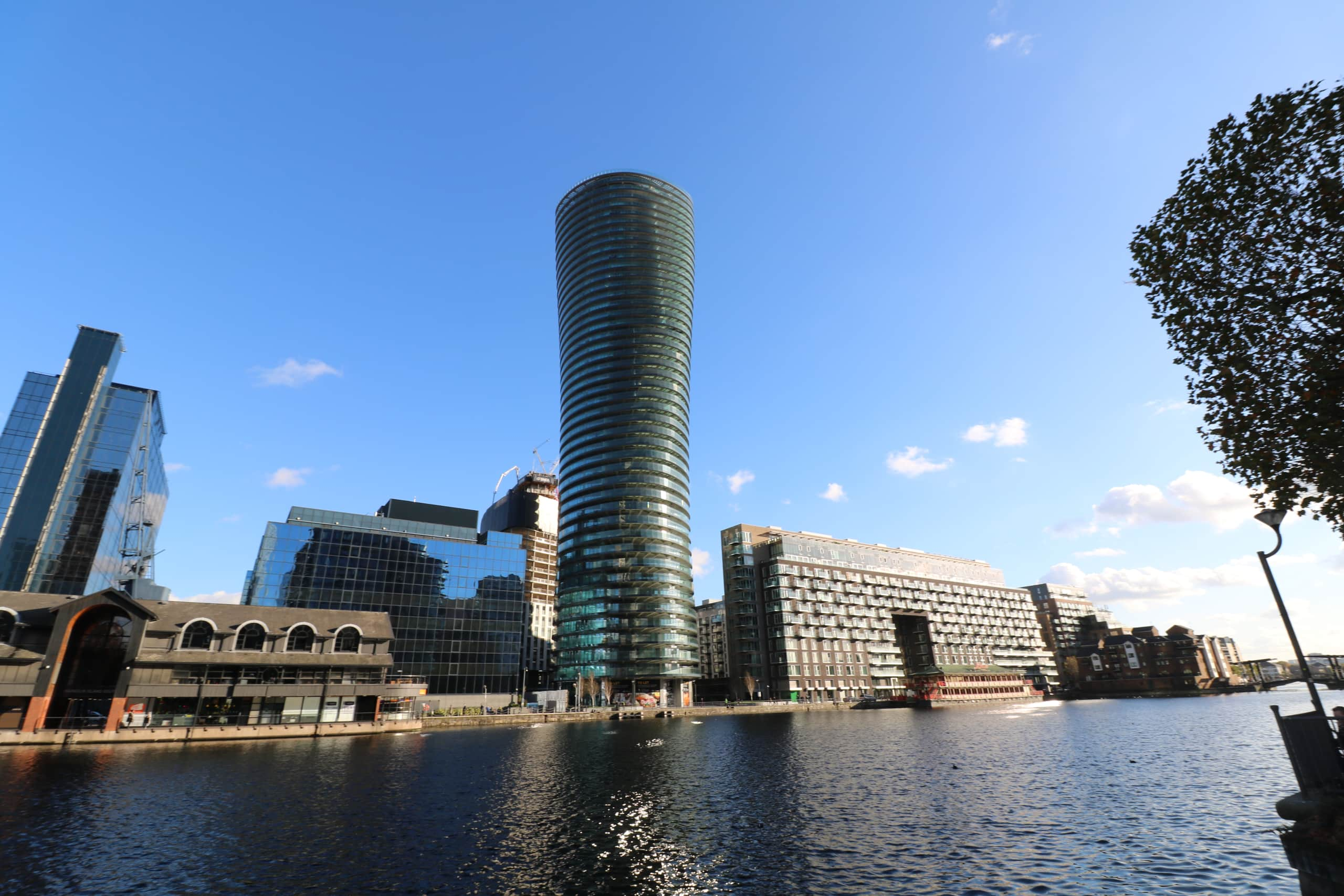Steel Vs Aluminium Balconies
The mandatory usage of non-combustible materials in the external envelope of the high-rise building, coupled with the drive for Net Zero and offsite construction has led to a steep trend towards the metal balcony manufacturers. More and more developers and architects had to choose between Steel and Aluminium for their next project. So, the battle between Steel vs Aluminium is on the rise.
Both these metals have strong qualities. But, if you are mulling over picking which metal to use for your next project, then here is a detailed analysis of these products regarding fire, strength, durability, cost, and sustainability.
Fire
Following the Hackett Review, new regulations clearly state that all materials must be certified EuroClass A1 or A2- s1, d0 ratings. The good news is that both these metals achieve a Class A1 rating.
While Steel has a higher melting point (about 40% higher than aluminium), the thermal conductivity of Aluminium is four times higher than Steel. The heat is dispersed faster, and a more significant amount of heat is required to heat Aluminium to a given temperature compared to Steel. The higher thermal conductivity of Aluminium enables the heat to conduct away, prolonging the endurance of an Aluminium structure in a fire. Both are good options for the core structure of a balcony.
Providing no contribution to heat, Aluminium and steel easily achieve the EuroClass A1 standard. Both metals can be powder coated with class A coatings, although Aluminium balconies can be coated to the renowned high standards set out in the Qualicoat standards. The critical thing with any coating applied to metal is that is done properly and prevents smoke emission and the production of ‘flaming droplets’.
Strength
Steel is a prime choice in many construction industries due to its strength. It is more robust than Aluminium; there is no denying that! Aluminium is one third the weight of steel.
It is for this very reason that many aluminium balconies utilise steel stubs and arms to support the balcony.
One of the greatest attributes of Aluminium is its strength to weight ratio, which means these balconies can be built at the same strength as two-thirds the weight of a Steel balcony.
So steel offers a strong, heavy balcony Cassette however it is also its weakness from a strength point of view because of the need for more anchors to take the additional forces, whereas the light weight of aluminium means less connections are necessary.
Durability
Due to its tensile strength, Steel is stronger; but that does not make it resistant to corrosion, in fact, Steel rusts quickly without proper treatment. Aluminium, on the other hand, is corrosion resistant. Steel rusts and aluminium doesn’t. When exposed to a moist, damp or abrasive environment, there is a higher chance of rust eating away Steel.
It is a matter of resistance that prolongs the life of the metal. Whist proper galvanising can be achieved aluminium doesn’t need any form of additional protection.
Cost
The cost of both these metals keeps fluctuating based on the global supply and demand. However, steel is a lot cheaper compared to Aluminium per tonne of metal. But, keeping in mind the strength to weight ratio, that same tonne goes a lot further in terms of meters meaning that comparable balconies are similar in price either way, although if anchors and Cassettes are designed together it may be possible to optimise the balcony connections and slab thicknesses to save considerable money because of the aluminium weight advantage.
Malleability
Aluminium is more malleable and elastic when compared to Steel. Aluminium can be bent and easily shaped to form intricate designs. Steel, however, is tough and is a resilient metal and cannot be pushed to the same dimensional limits as Aluminium.
Sustainability
Both are metals meaning that they both have a lot of embodied carbon in the process of either creation of virgin material or recycling. Steel has a lower initial footprint per ton however it is not as a renewable resource. The amount of energy needed to recycle Steel is a lot higher when compared to Aluminium. It is highly recyclable, and it retains its property indefinitely.
When comparing it is important to look at the embodied carbon per balcony not per tonne as this will give an accurate picture.
Installation
A few critical factors like transport and crane lifting have to be considered for installation. Steel is a heavyweight metal making it complex for transportation and installation. Being a lightweight metal, Aluminium makes transportation and installation a lot easier.
Additionally, the speed of installation of Aluminium balconies is a lot faster than Steel balconies meaning less labour and quicker programs.
To conclude, both these metals are equally good in many respects. But, if we had to pick a winner, considering the characteristics and the application of the metal, we believe Aluminium to be a better choice for our balcony Cassettes and a hybrid of Steel arms and Stainless steel anchors for the connection.
